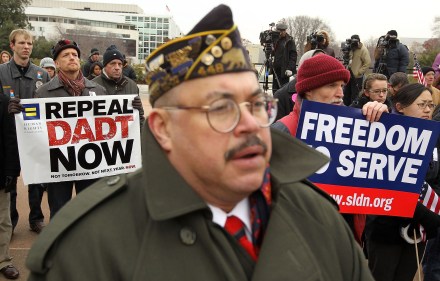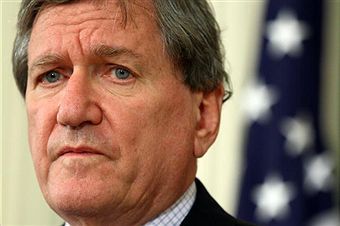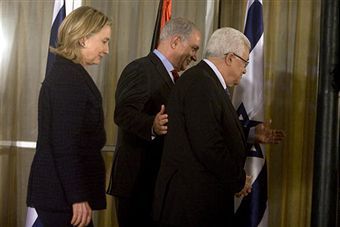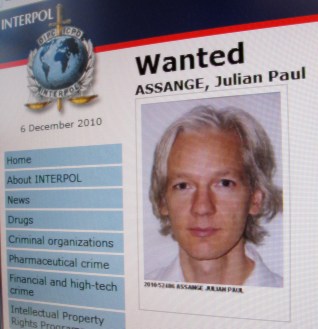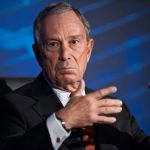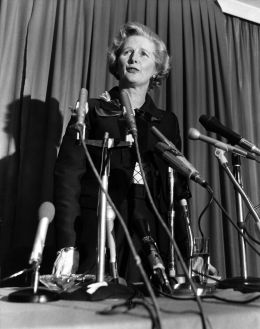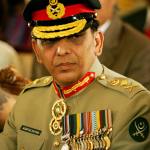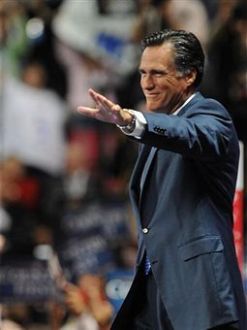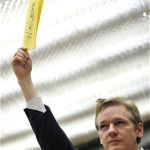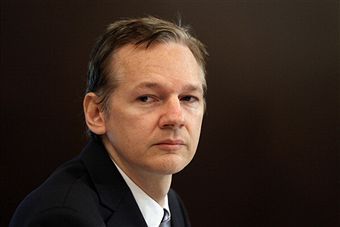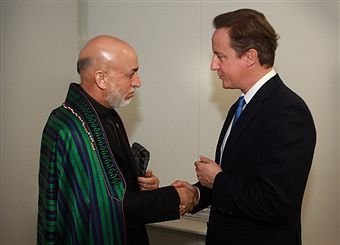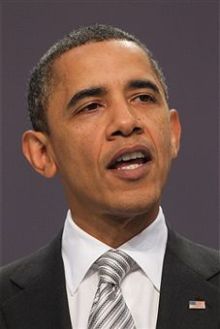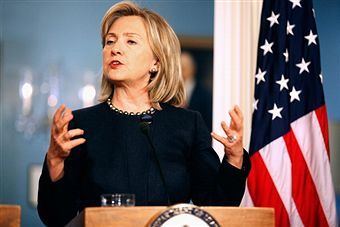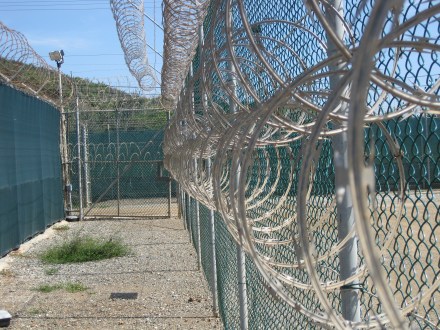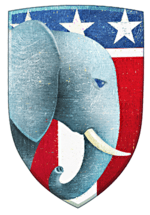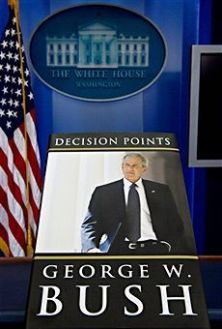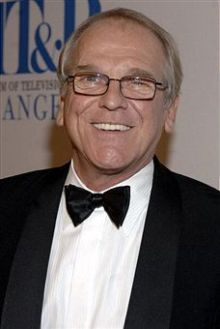Gay America rejoices
This week will give Barack Obama’s liberal credentials a significant boost. On December 18th, the Senate had a successful cloture vote in favour of a bill to repeal “Don’t ask, don’t tell”. DADT as it is commonly known restricts the US military from trying to discover or reveal closeted gay, lesbian, and bisexual service members, while it bars those who are openly gay, lesbian, or bisexual from military service. The bill has now passed in both Houses of Congress and it only awaits President Obama’s signature. As my friend R. Clarke Cooper, Executive Director of the Log Cabin Republicans, and one of several prominent ex-officers to lead the fight against
